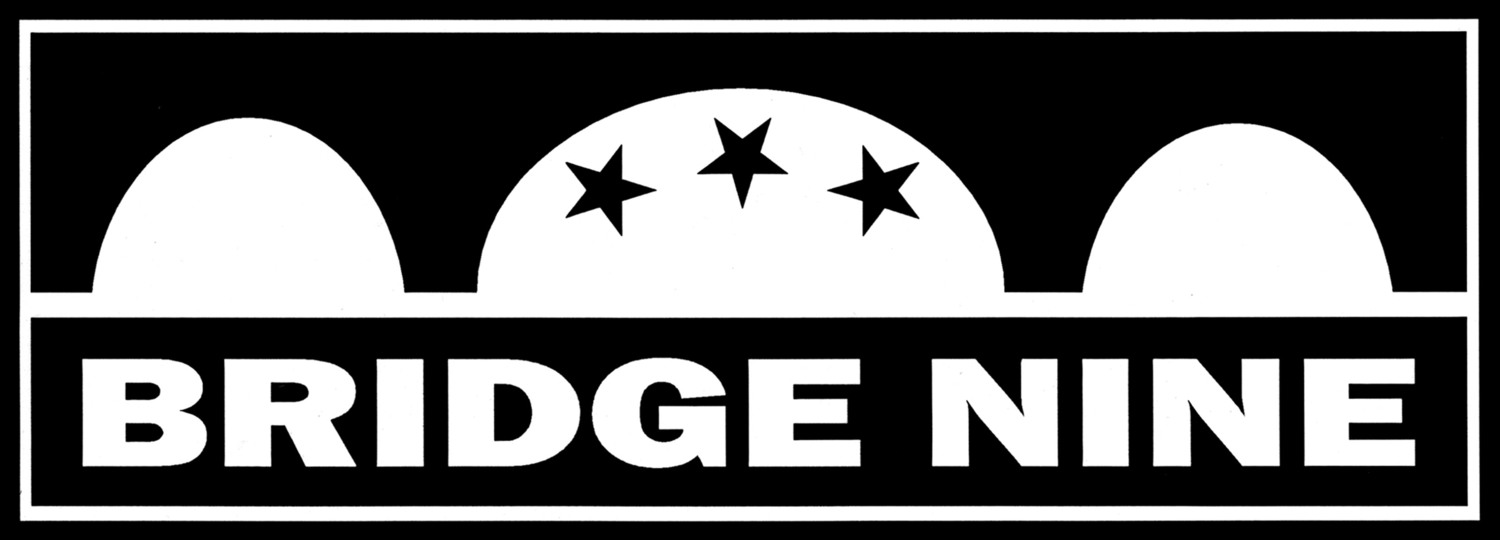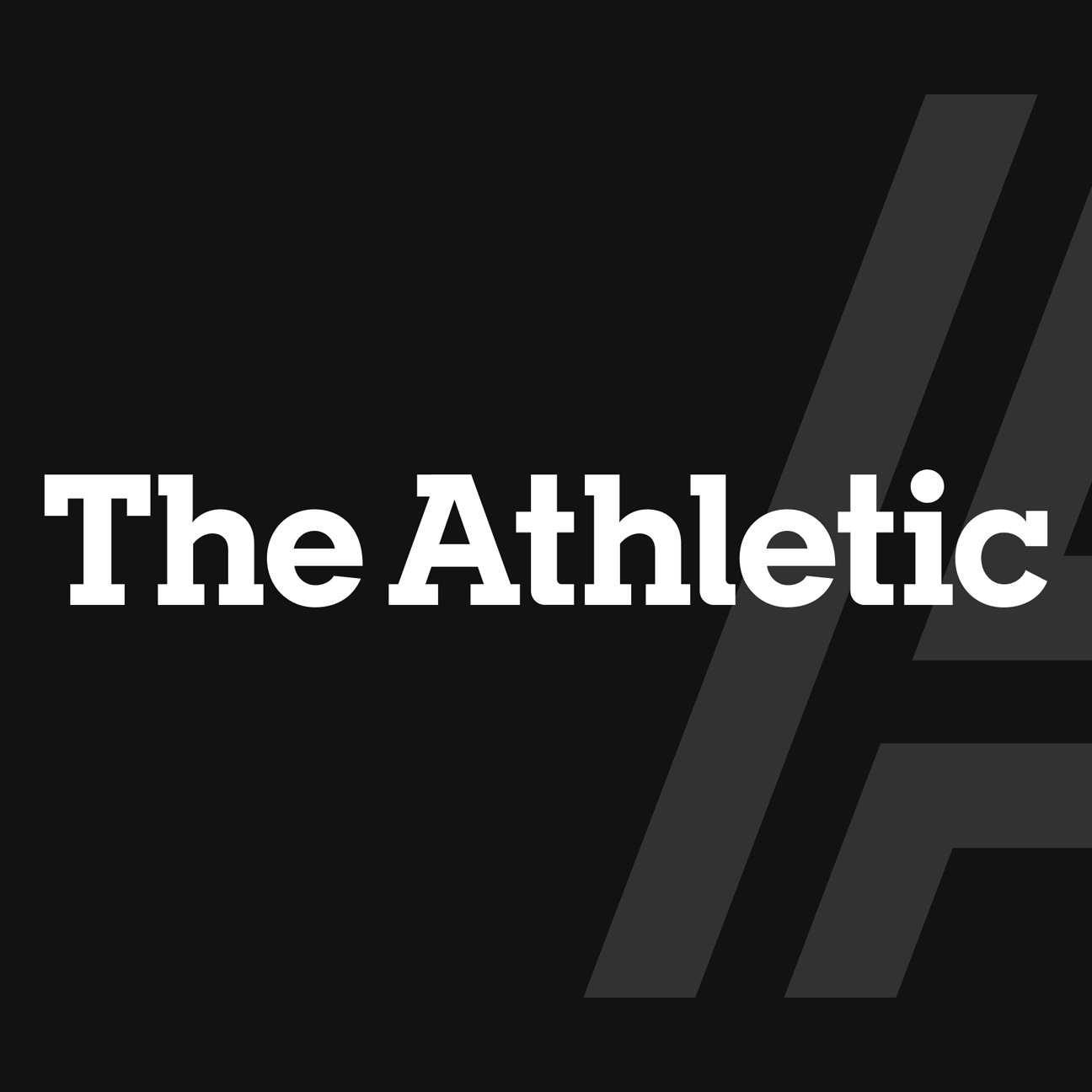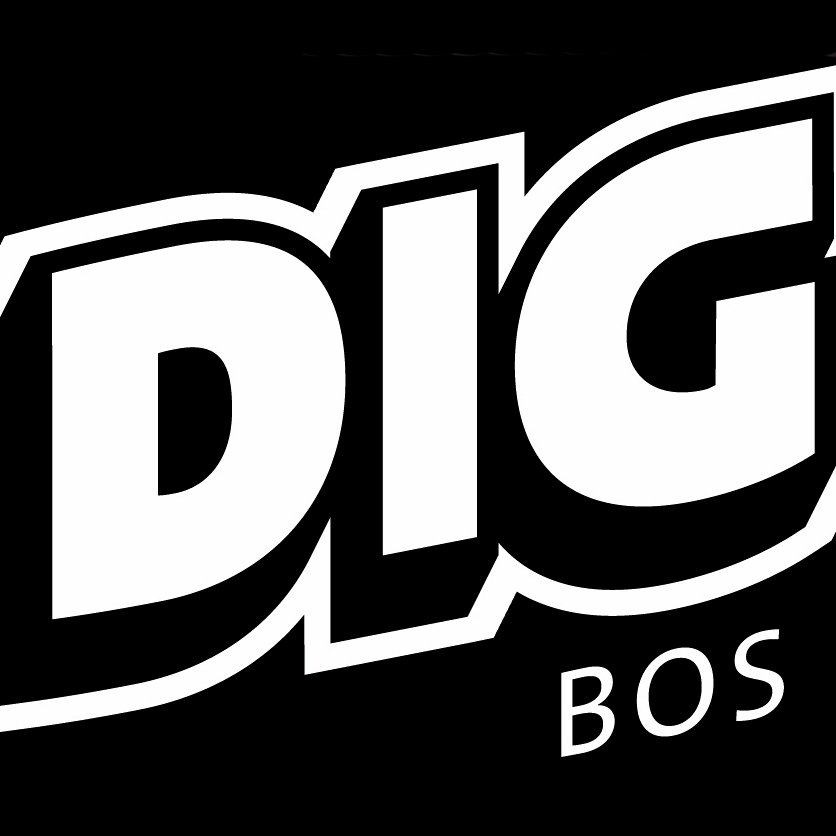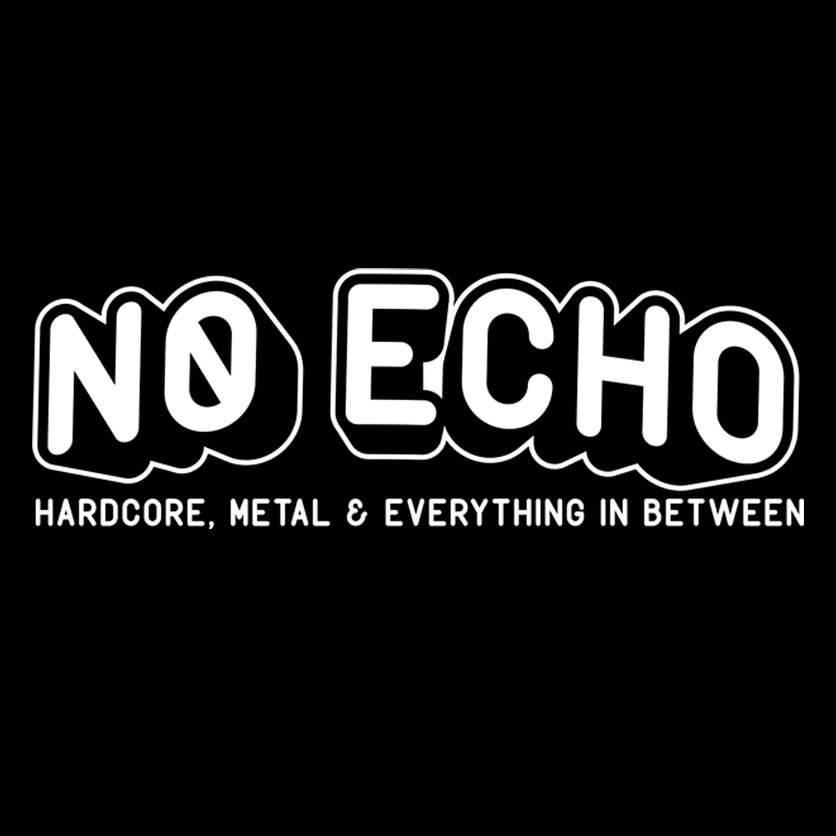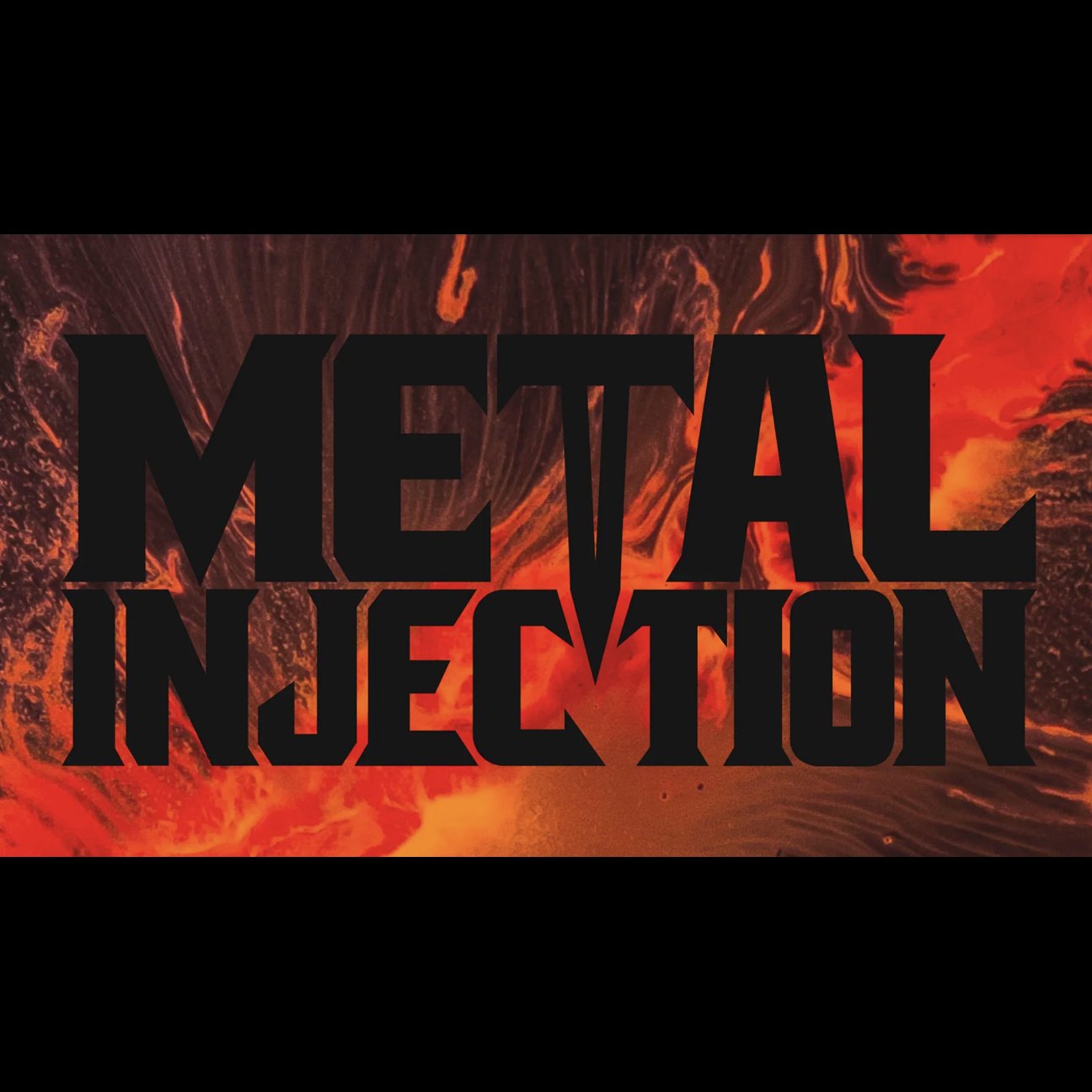Chris Wrenn working in the basement art department of Tower Records on Newbury Street (1999)
Bridge Nine started in the summer of 1995 when 19-year-old hardcore-punk music fan Chris Wrenn decided to stop standing on the sideline and began contributing to the local scene by helping friends from his high school get a 7-inch record pressed. The label would release one or two records a year for the next four years, documenting bands from the Boston area during the 1990s while Chris held down a job as a window display artist at the iconic Tower Records on Newbury Street. Releasing records for friends’ bands was a hobby, and it helped connect Chris with hardcore-punk music fans worldwide as he began to network and build his brand. In the fall of 1999, after working with artists that rarely traveled beyond New England, Chris Wrenn’s Mission Hill roommates started a new band that was willing to tour extensively. That band was American Nightmare, and their debut EP became Bridge Nine’s 7th release.
Record labels offer three main resources to bands: guidance, connections, and financial backing. Chris had no real music business experience, hadn’t made a name for himself yet, and his day job barely covered his rent, much less help Chris launch a band’s career. If he were going to invest in American Nightmare, he would need to find the money to do it, but in the years before crowdfunding, the only place to turn to was a bank, and they all but laughed him out of their little glass offices when we went looking for a loan.
Bridge Nine’s earliest singles were partly paid for by the sale of subculture-themed bumper stickers that Chris designed and sold in wholesale quantities to stores, so he was no stranger to hustling with one thing to help pay for another. When Ten Yard Fight booked their original “farewell” show on October 17th, 1999, a thousand hardcore-punk fans got together at a nightclub across the street from Fenway Park, the historic home field of the Boston Red Sox, during the post-season American League Championship Series. The ALCS was a seven-game showdown between the Red Sox and New York Yankees, putting one of baseball’s greatest rivalries on display. Chants of “Yankees suck” permeated the air the entire night, and Chris noted how eager Boston fans were to represent their hometown pride, but not necessarily in a way that was available from the local souvenir stores. The Yankees beat the Red Sox and went on to win the World Series once again that year. Chris spent the off-season designing a line of merchandise to help Boston fans express themselves with the same outspoken spirit of his favorite hardcore-punk bands. When baseball returned for the 2000 season, Chris and a few friends headed to the streets around Fenway Park to peddle rivalry-fueling gear out of a backpack, earning him more money in one night than he’d been getting in his paycheck every two weeks. This became how he would go on to fund his label, and Chris and members of Bridge Nine’s earliest bands became fixtures around the stadium after every game.
Chris Wrenn (center, holding sign) and members of Boston’s hardcore-punk scene peddling “Yankees Suck” merch at Fenway in the summer of 2000
The label had access to money now, but still needed guidance. That came when Chris accepted a position at Big Wheel Recreation (Piebald, Jimmy Eat World, The International Noise Conspiracy), Boston’s most happening label at the turn of the century. Shortly after joining the BWR crew, the indie-pop label joined forces with Hydra Head Records (Converge, Isis, Cave In), and the Initech collective of music businesses was formed in the basement of a souvenir store one street over from Fenway Park. By working closely with Big Wheel and Hydra Head founders Rama Mayo and Aaron Turner, Chris received a crash course in how to properly release a record. A nationwide distribution deal was stuck, and as American Nightmare grew, the attention on Bridge Nine intensified, and the label expanded its roster of artists. Genre-defining albums with bands like Terror, Have Heart, Ceremony, New Found Glory, H2O, Death Before Dishonor, Agnostic Front, Defeater, Polar Bear Club, Slapshot, Crime In Stereo, War On Women, and many others followed. At the same time, Chris realized that there were even more opportunities catering to sports fans, so his efforts at Fenway turned into a second brand, Sully’s. The irony in all of this being that over 300 releases later, Bridge Nine has put out more records with bands from New York than we have from Boston!
Bridge Nine's fiercely independent do-it-yourself work ethic is one of the biggest reasons the label has been able to persevere in a tumultuous music business climate and growing significantly in a time when labels are contracting rapidly. The label has been featured in some of the biggest magazines in music today, including Alternative Press and Revolver. Since 2007 the label has had almost a dozen releases on Billboard’s Independent, Heatseekers, and Top 200 charts-all the while remaining firmly true to the original spirit from which the label started.
Banding Together, a Boston Globe feature about the indie-label collective Initech (June 28th, 2002)
Twenty-nine years later, Bridge Nine has opened its own record store in Beverly, Massachusetts, and shares the retail space with Sully’s, showcasing side by side the two brands that Chris started from scratch and took to internationally-recognized status in great part to Boston’s sports rivalry with New York. Come visit the label’s brick-and-mortar store and see what we’re up to now!
Read more about Bridge Nine’s start in the book The First Nine Years, available online HERE!
Other fun stuff/facts:
• Bridge Nine featured in the movie Manchester By The Sea (we even made it into the trailer!)
• This guy has been a huge supporter, best dude
• No Echo’s dive into the B9 / Yankees Suck origin story
